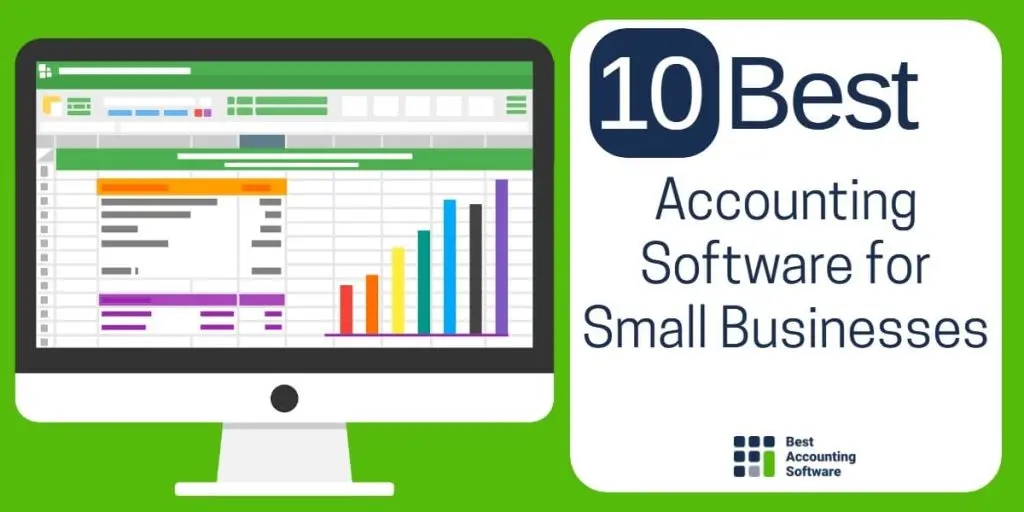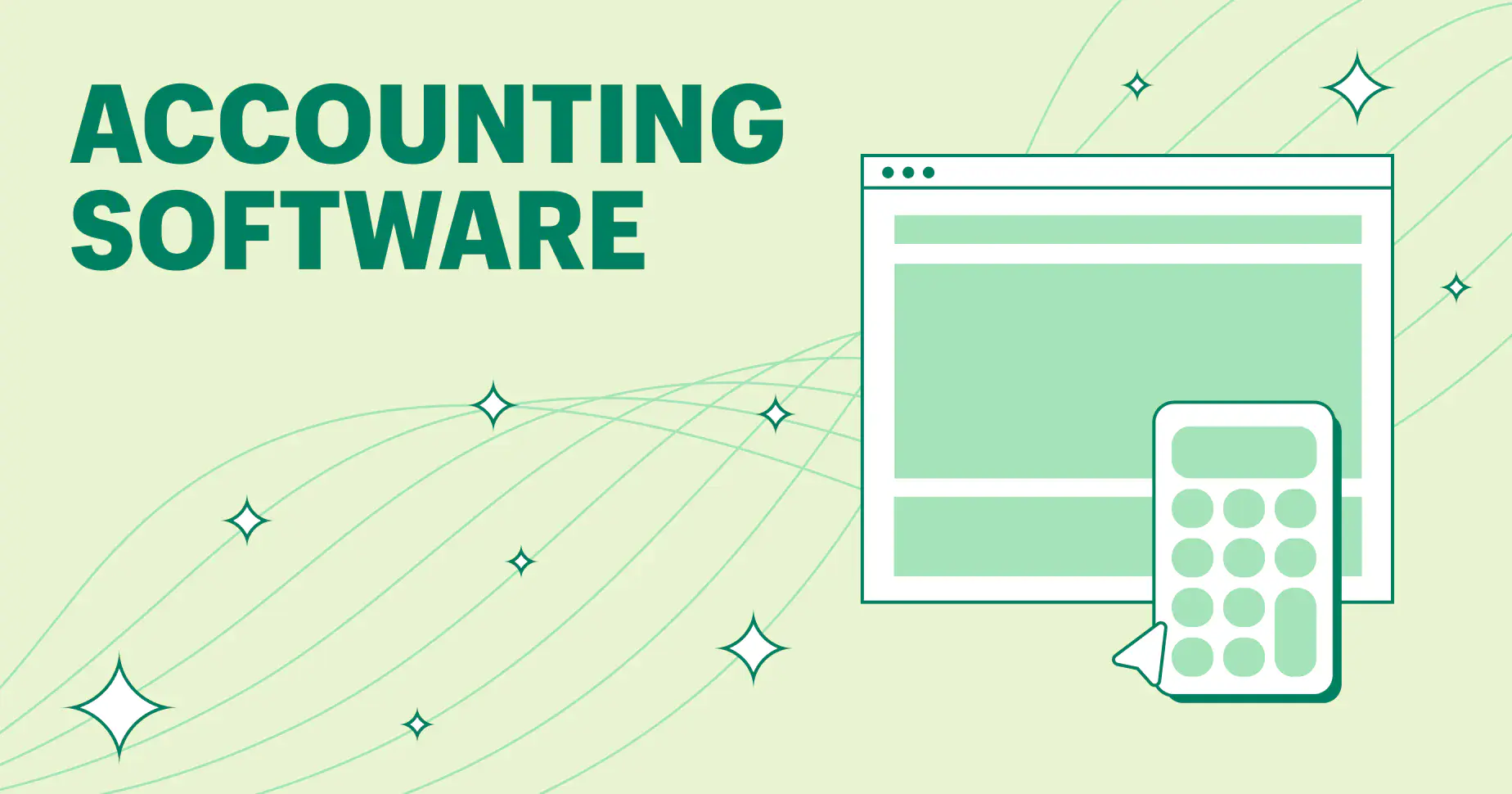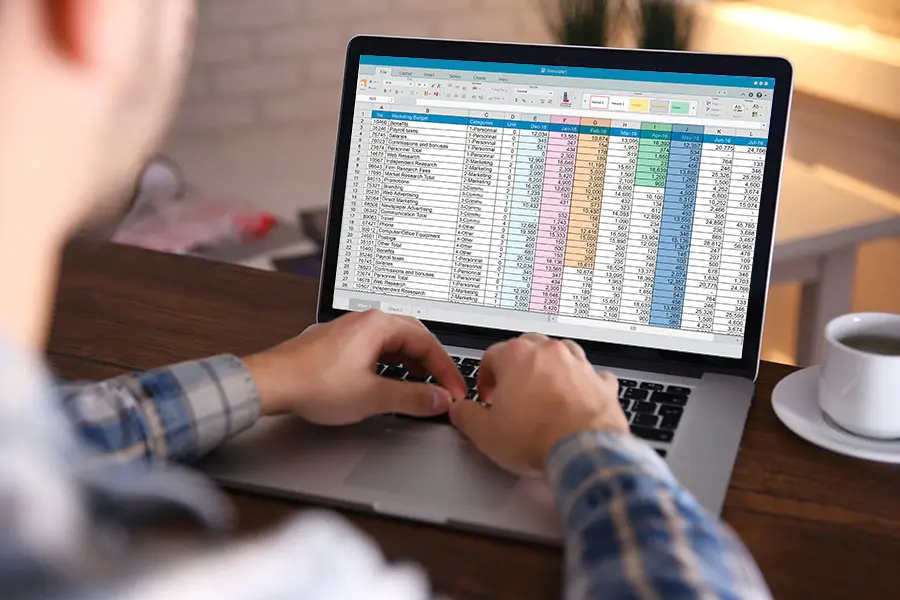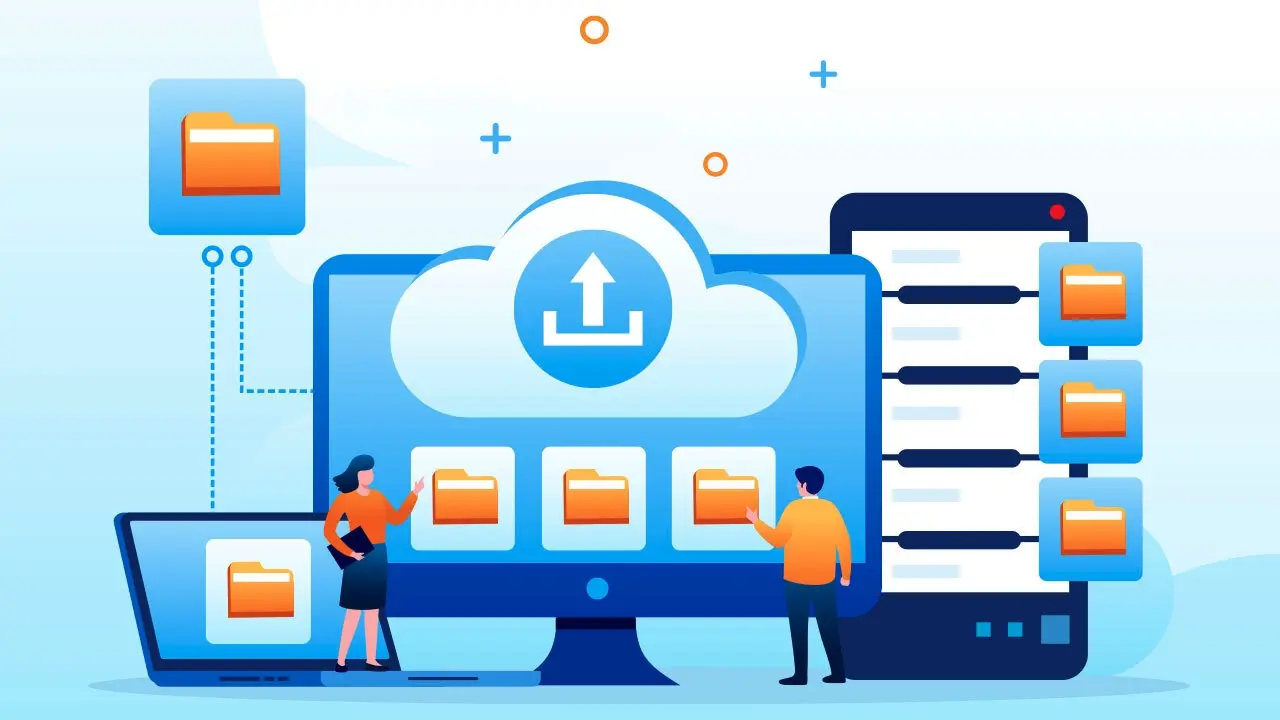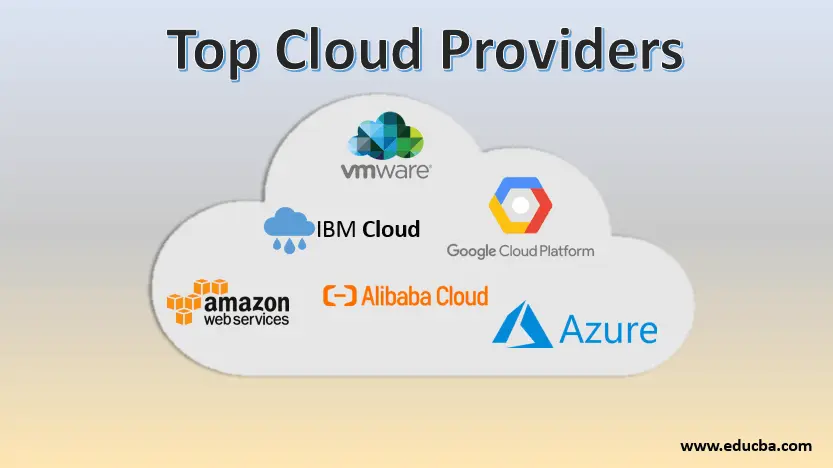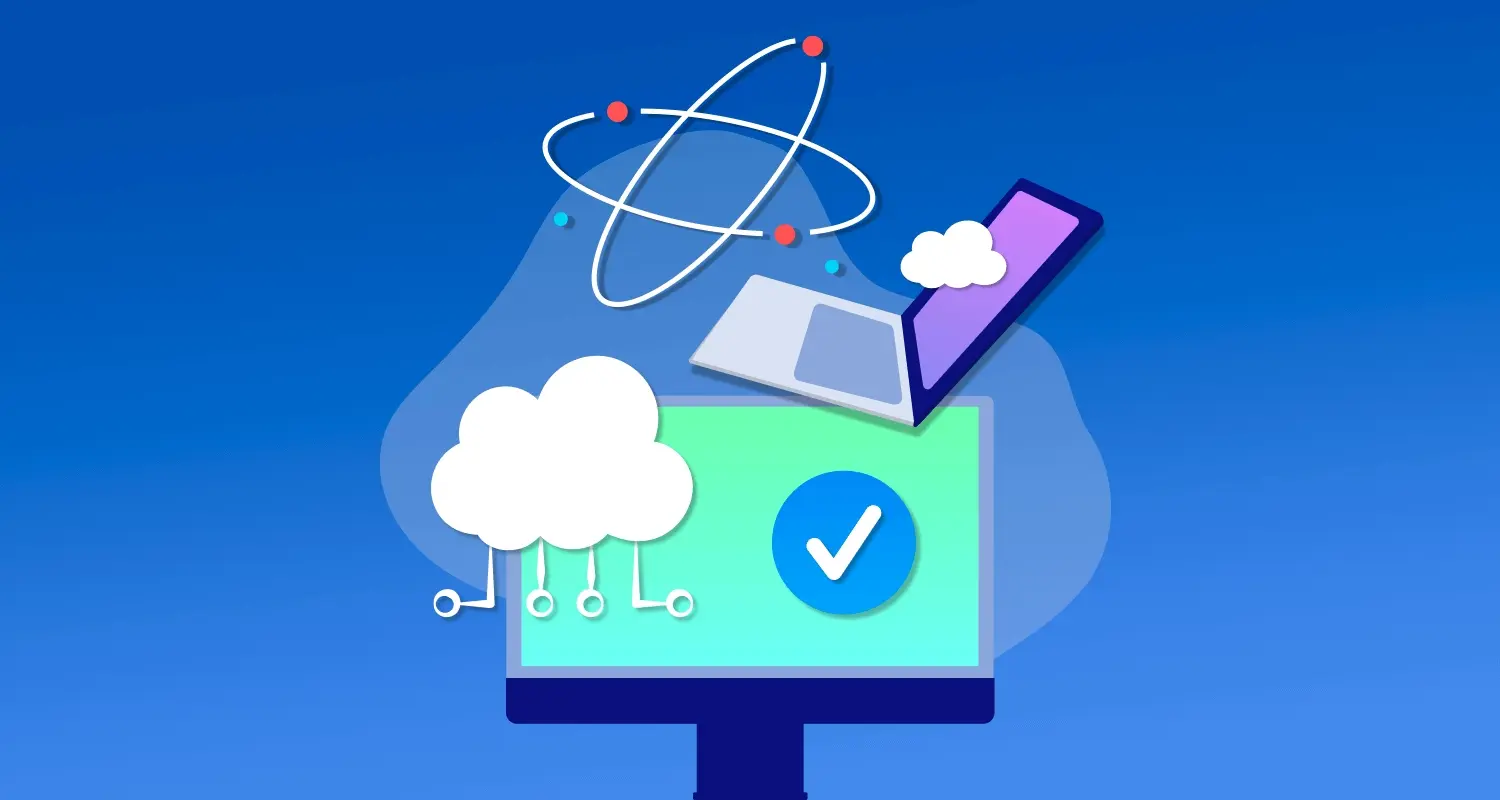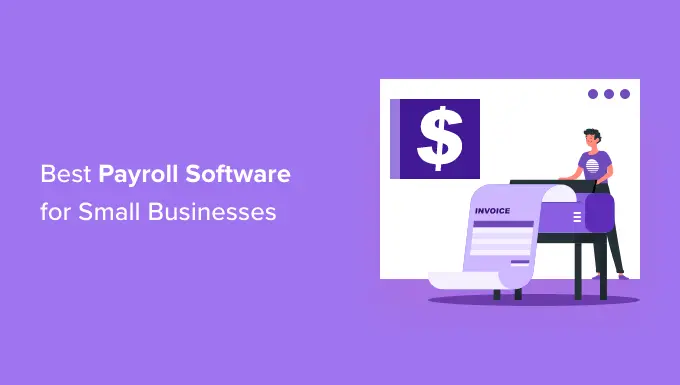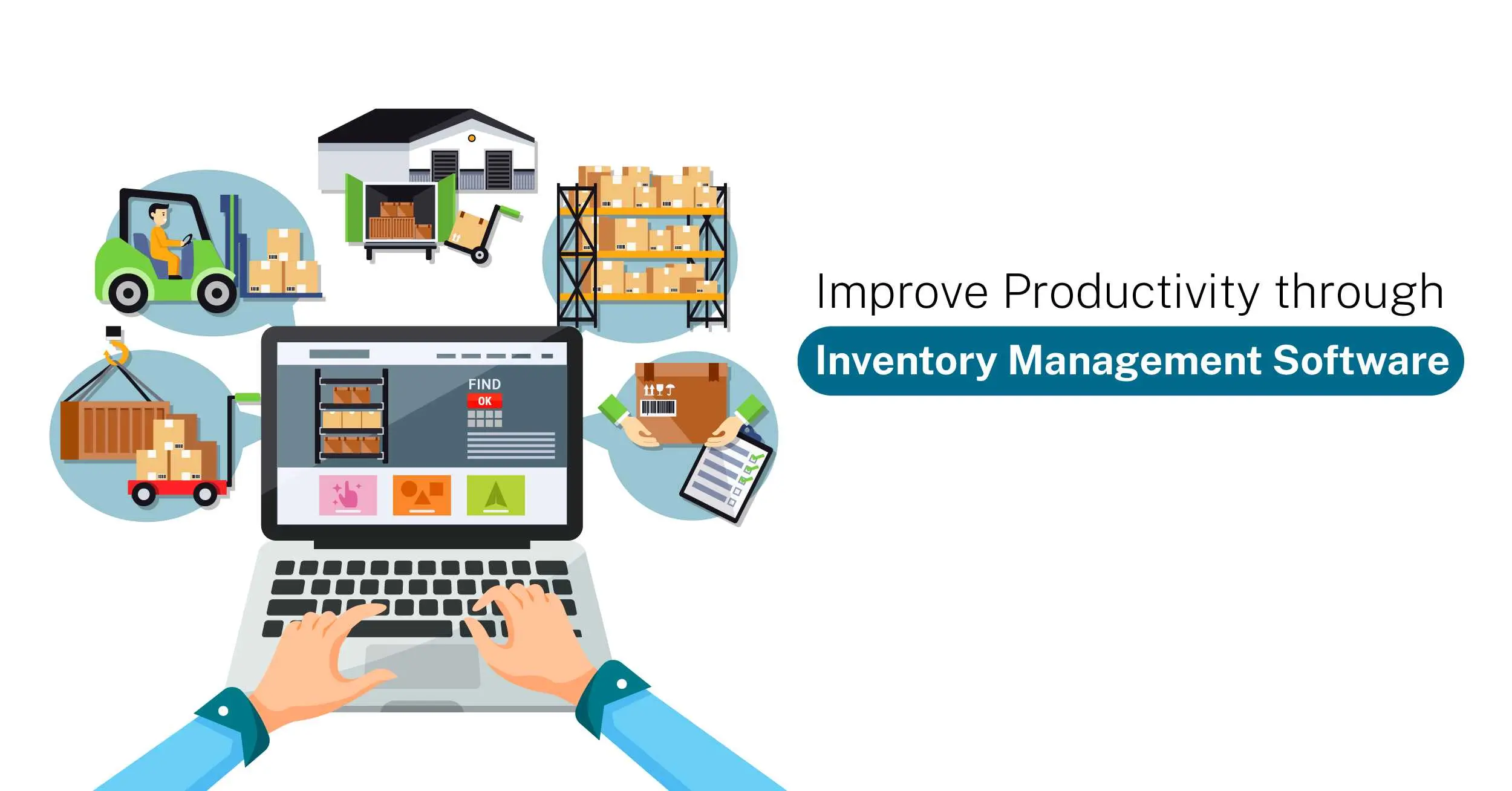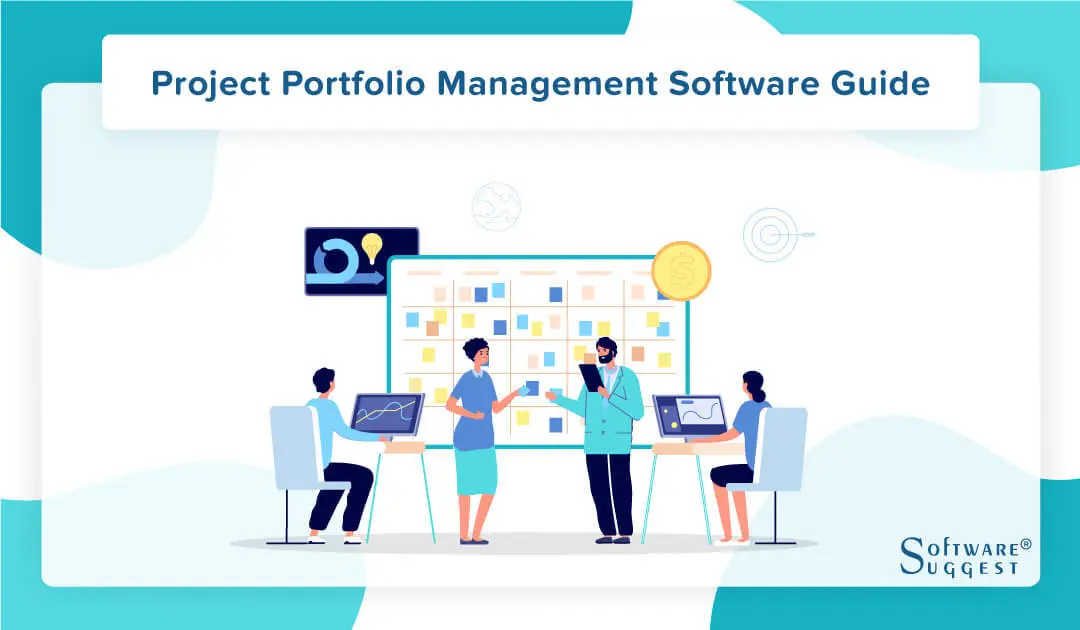
Why Choose Cloud Accounting Software?
Cloud accounting software offers flexibility and accessibility unmatched by traditional accounting systems. Features like real-time reporting, multi-device access, and automated processes allow businesses to save time and reduce errors.
Key Features to Look for in Cloud Accounting Software
- Ease of Use: A user-friendly interface ensures smooth navigation.
- Automation: Look for software that automates invoicing, payroll, and tax calculations.
- Security: End-to-end encryption and regular backups are a must.
- Integration: Ensure compatibility with other tools like CRMs and e-commerce platforms.
Top 10 Cloud Accounting Software for 2025
| Software | Best For | Key Features | Pricing |
|---|---|---|---|
| QuickBooks Online | Small to medium businesses | Multi-user access, invoicing, inventory tracking | Starts at $25/month |
| Xero | Seamless integration | Real-time financial reporting, multiple integrations, and scalable options | Starts at $13/month |
| FreshBooks | Freelancers and small teams | Time tracking, expense management, and project invoicing | Starts at $15/month |
| Zoho Books | Comprehensive features at a low cost | Automated workflows, client portals, and tax compliance | Starts at $10/month |
| Wave | Free accounting software | Invoicing, receipt scanning, and payroll add-ons | Free (limited features) |
| Sage Intacct | Advanced financial management | AI-powered analytics, customizable dashboards | Quote-based pricing |
| NetSuite | Large businesses and enterprises | ERP integration, global compliance, and scalability | Quote-based pricing |
| Kashoo | Simple accounting needs | One-click reporting, bank feeds, and real-time updates | Starts at $20/month |
| Zoho Invoice | Invoicing-focused solution | Customizable templates, multi-currency support | Free |
| Patriot Accounting | Affordable payroll and accounting | 1099 and W-2 payroll management, easy expense tracking | Starts at $20/month |
Detailed Overview of the Best Cloud Accounting Software
1. QuickBooks Online
A market leader in cloud accounting software, QuickBooks Online offers unparalleled versatility. Its advanced reporting tools and seamless integration with third-party apps make it ideal for businesses aiming to scale.
2. Xero
Known for its easy-to-use interface, Xero’s strong suit lies in its integration capabilities. It supports over 800 third-party applications, making it a top choice for businesses needing flexibility.
3. FreshBooks
Freelancers love FreshBooks for its intuitive design and project-specific invoicing. It’s one of the best cloud accounting software solutions for professionals managing time-sensitive projects.
4. Zoho Books
Zoho Books is an affordable option packed with features. Its automation capabilities allow businesses to handle transactions efficiently, making it one of the most comprehensive solutions.
5. Wave
Wave stands out by offering a free plan for basic accounting needs. This makes it a great choice for small businesses or startups with limited budgets.
6. Sage Intacct
Aimed at larger organizations, Sage Intacct offers advanced analytics and AI tools. It provides tailored solutions for complex financial processes, including compliance and forecasting.
7. NetSuite
Oracle’s NetSuite is built for large enterprises. Its robust ERP and accounting integration make it perfect for global operations requiring scalability and detailed compliance tools.
8. Kashoo
For those seeking simplicity, Kashoo delivers. With features like bank feed syncing and one-click financial reporting, it caters to small businesses with straightforward accounting needs.
9. Zoho Invoice
Focused solely on invoicing, Zoho Invoice is perfect for small businesses that require a streamlined approach to managing payments and invoices.
10. Patriot Accounting
Patriot Accounting is a cost-effective solution combining payroll and accounting functionalities. It simplifies tax filing and payroll processes, making it a great choice for small businesses.
How to Choose the Right Cloud Accounting Software?
- Evaluate Your Needs: Identify whether you need invoicing, payroll, or ERP integration.
- Set a Budget: Many providers offer tiered pricing plans to suit various budgets.
- Test the Features: Most software offers free trials; take advantage of these to test their usability.
- Consider Scalability: Opt for software that can grow with your business.
The Future of Cloud Accounting Software
As technology evolves, cloud accounting software will continue to integrate advanced AI features, enabling businesses to automate even more financial processes. The competition among providers ensures constant innovation, providing businesses with efficient tools to streamline operations.
In conclusion, the top 10 cloud accounting software for 2025 offer a range of features and pricing to suit various business needs. By identifying your priorities and testing the solutions, you can find the perfect fit for your financial management requirements.

